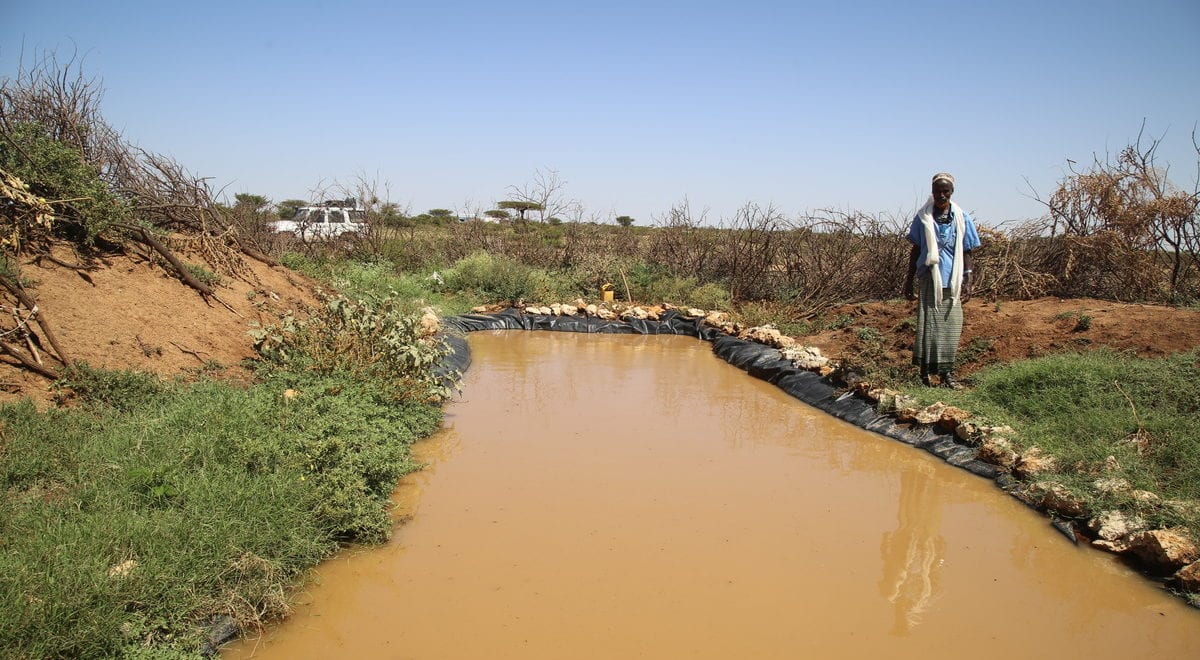The UN climate talks, held this year in Katowice, Poland, have officially kicked off. The first two days of the conference, known as COP 24, were filled with opening speeches from heads of government and informal discussions, but Tuesday is when the real work begins.
Once again I am here with my colleagues from ActionAid to track what governments are doing, amplify the voices of the most vulnerable people, and help secure the policies we all need to stop climate change.
What’s at stake in the negotiations?
This is the highest profile climate meeting since countries finalized the Paris Agreement in 2015, because this round of negotiations should result in the agreement of the Paris Rulebook. While the Paris Agreement laid out the goals and basic principles for how the world would fight climate change together, it didn’t contain all of the details needed to put it into action. The “rulebook” is an attempt to bridge this gap. It is about agreeing on a more specific set of rules and guidelines for countries to put the Paris Agreement into practice.
Over the next couple of weeks, discussions on the rulebook will center on important questions including:
- The ways in which rich countries will communicate how much funding they are committing to provide to developing countries to fight climate change.
- How and how often all countries will communicate their climate action plans – and how they will report on what they did after the fact
- What mechanisms will enable technology transfer, to support developing countries’ efforts to mitigate and adapt to the effects of climate change
- How countries will count emissions from different sectors, particularly land-use
- What kinds of information and issues will be considered in the process to review the world’s progress towards meeting the Paris goals that will take place every five years starting in 2023
Why Does this Matter?
After months of news stories and new reports on how time is running out to meet the Paris goals, and all-too frequent reminders of how climate change is already hurting us, this rulebook isn’t the most exciting response. Governments must do more to address climate change, starting right now. Unfortunately, no one came to Poland with plans for the needed increase in ambition.
So a lot more work needs to be done to hold governments accountable to their responsibilities for climate action. Even though it’s not the immediate action the world’s poorest and most vulnerable people need, getting the Paris Rulebook right – a strong, equitable rulebook that reflects the importance of human rights – would be a big step towards driving that action.



